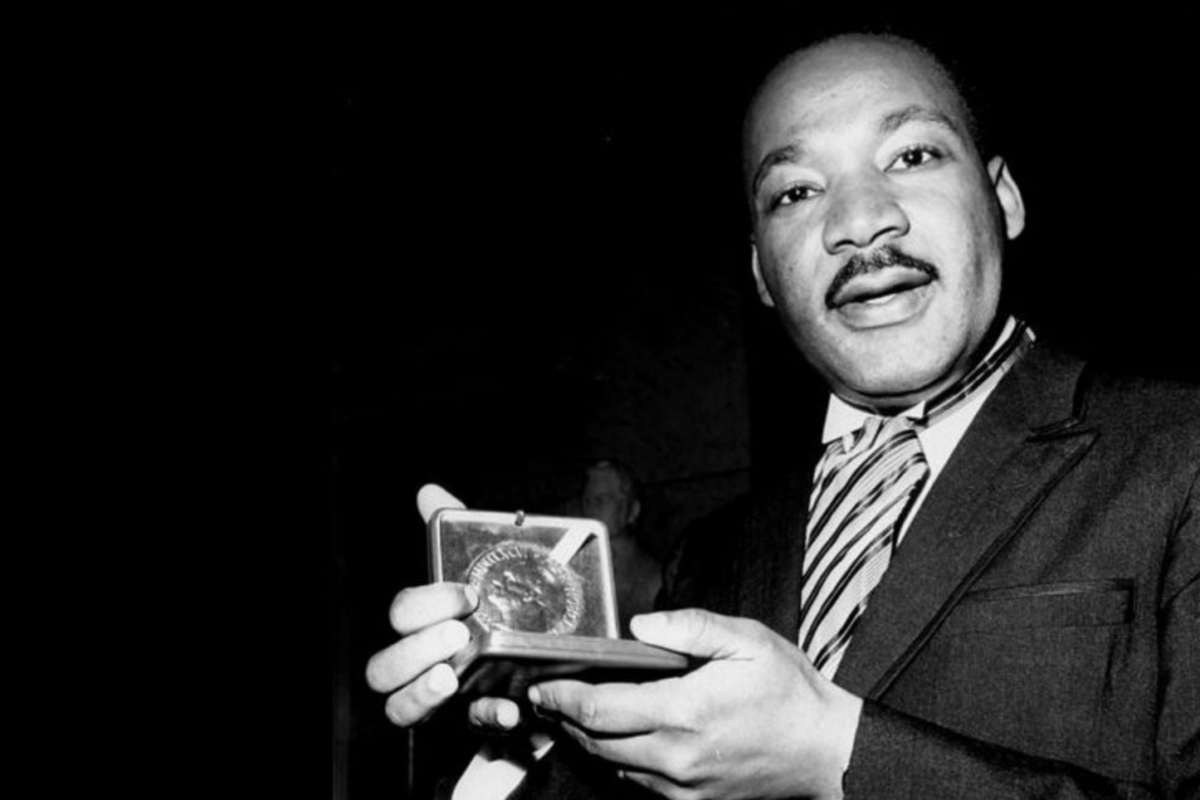Every required element of a business is a cost of doing business, and thus subject to cost pressures. Organizationally, finance may not be in charge, but finance gets a big say.
As purpose has become mainstream, it has also become a cost of doing business—to conform to the specs of partners and suppliers and to meet the demands of investors and consumers. As such, the future of purpose will be more a matter of cost-efficiency than mere social impact.
Initially, purpose was understood to be an investment needed on behalf of key constituencies—citizens and the planet, plus consumers, now investors. First-movers on purpose gained a competitive edge. But as purpose has become commonplace, it is no longer differentiating. Instead, just to stay competitive, companies must lean into purpose, which makes purpose a cost of doing business.
The future of purpose is going to be driven by the pressure to reduce costs, or in some cases, to improve returns.
Either way, the ratio of expenses to value-delivered will be the relevant criterion for business decisions about how to manage and pay for purpose. This will mean three things in particular.
First, hard metrics will replace soft metrics. The feel-good side of purpose will give way to bottom-line impact. Such impact has been difficult to prove for most purpose initiatives, and unless this changes, it will mean a weakened commitment to purpose over time. Not an abandonment, but a big step back in resolve.
Second, the benchmark for assessing purpose will shift from the social upside to the financial downside. The good things delivered by purpose will be overshadowed by the burdens and risks entailed by purpose. Some of these risks will themselves be social, such as polarized reactions to brand decisions (like the recent controversy with M&Ms). Risks are more easily tolerated for business investments than for business expenses, so much of the rabble-rousing edge that has sustained purpose will get toned down.
Finally, without the sense of urgency that purpose had when it was an emerging, insurgent trend, purpose will lose many of its most outspoken advocates. Their fight against the status quo will shift to other fronts, and purpose will struggle to sustain its salience and exigency.
In many ways, what it means when purpose is mainstream is that the future of purpose will be less purpose, or at least more reined-in purpose. That’s the purpose challenge ahead—being mainstream without becoming mainstreamed.
Contributed to Branding Strategy Insider By: Walker Smith, Chief Knowledge Officer, Brand & Marketing at Kantar
The Blake Project can help you define and develop your brand purpose.
Branding Strategy Insider is a service of The Blake Project: A strategic brand consultancy specializing in Brand Research, Brand Strategy, Brand Growth and Brand Education




